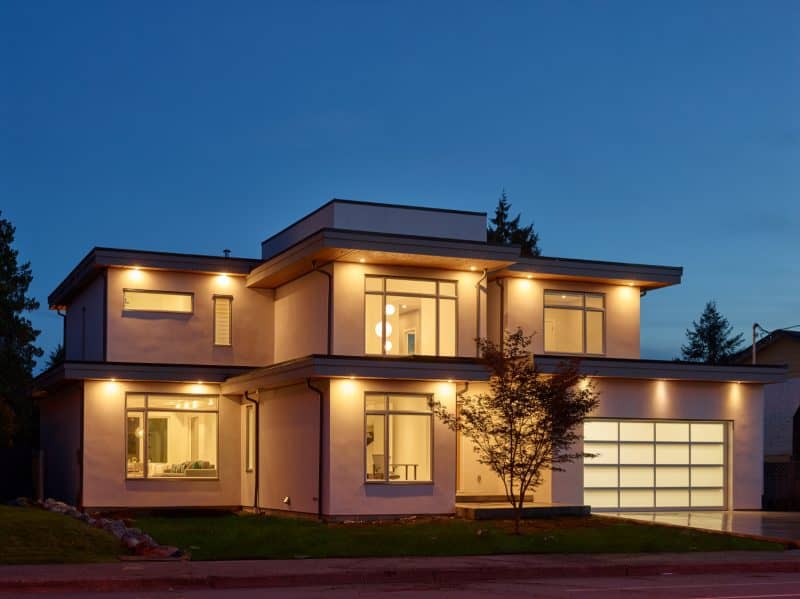
Photo: Martin Knowles
Spending all this time at home during the pandemic means much of our attention is being focused on our homes. In fact, a recent study found that almost 1 in 2 Canadians have already renovated or are planning to do so during the pandemic.
At Alair Homes, we’ve built hundreds of homes and renovation projects. We’ve also come in halfway on projects gone awry. We know the most common errors homeowners make and we’re here to ensure you don’t make the same mistakes.
If you’re looking to expand or update your current space, or if you’re looking to build an entirely new custom home, here are the most important things we want you to remember before you start.
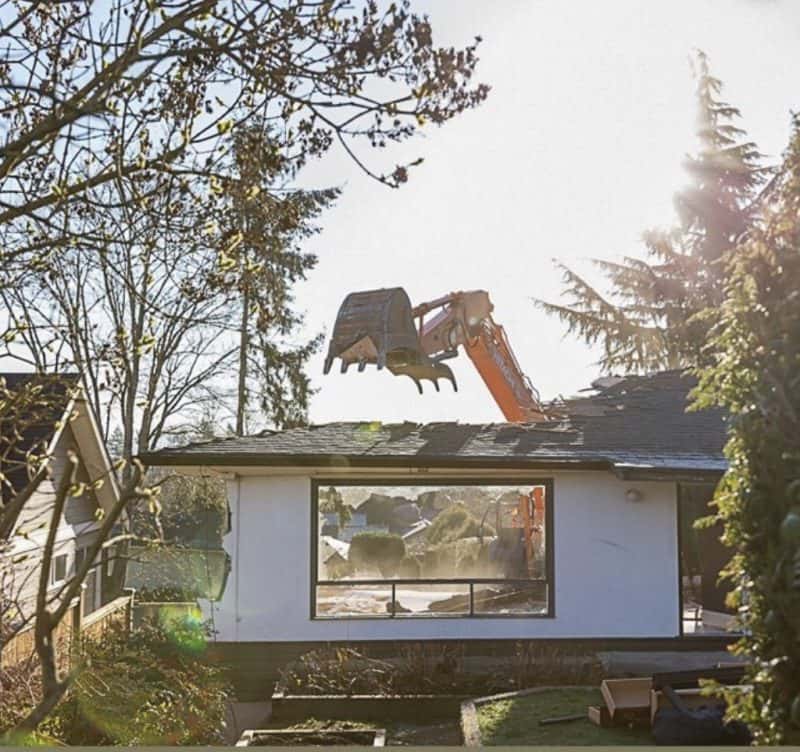
Check the bylaws
You’d be surprised how many people want to do projects that go against zoning bylaws. Before you go too far down the dreaming or planning road, be sure to check with your city to learn the limits placed on home additions and structural changes.
Depending on where you live, you may also have to contend with your local community development plans, right of ways, easements, variances, or environmental development limitations. A teardown or a home addition may not even be an option.
Get your finances in order
It’s a good idea to set budgetary parameters from the start: Not only does it make decision making easier, it can also prevent future disappointment. So if you’re going to finance your project, meet with your bank as soon as possible.
If you’re planning on building a new home, keep in mind that the construction mortgage is paid out after you complete certain amounts of the construction. The final payment comes after you have an occupancy permit from the city. The challenge with this is there will be a shortfall of funding to pay for things along the way: You’ll need to make arrangements with your builder or other lines of credit.
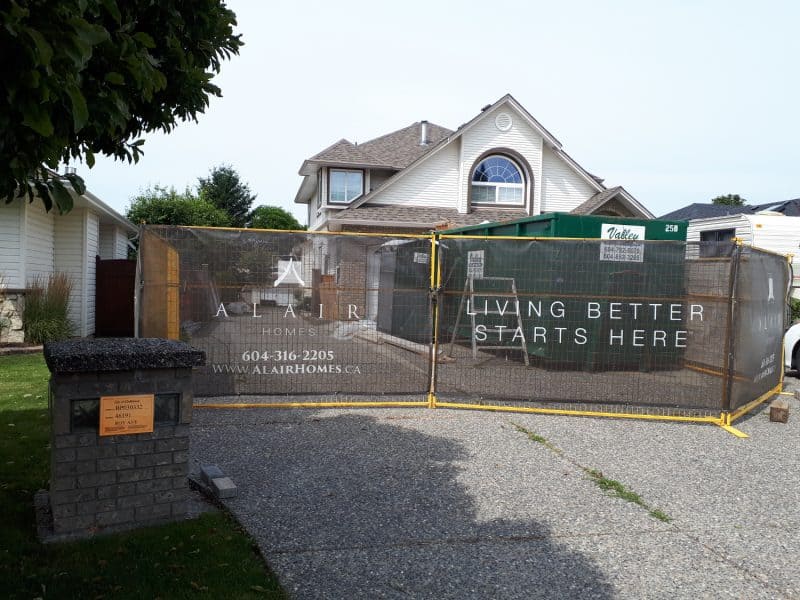
Set Reasonable Timelines
All projects of this scale take time. And today, delays are even more common due to the effects of COVID-19. While building departments are working to speed up permitting, supply chains are still adversely affected.
We advise all clients to be as thorough in the planning stages as possible. Most problems and overages come from racing into construction. Time spent at the start translates into serious cost savings in the end.
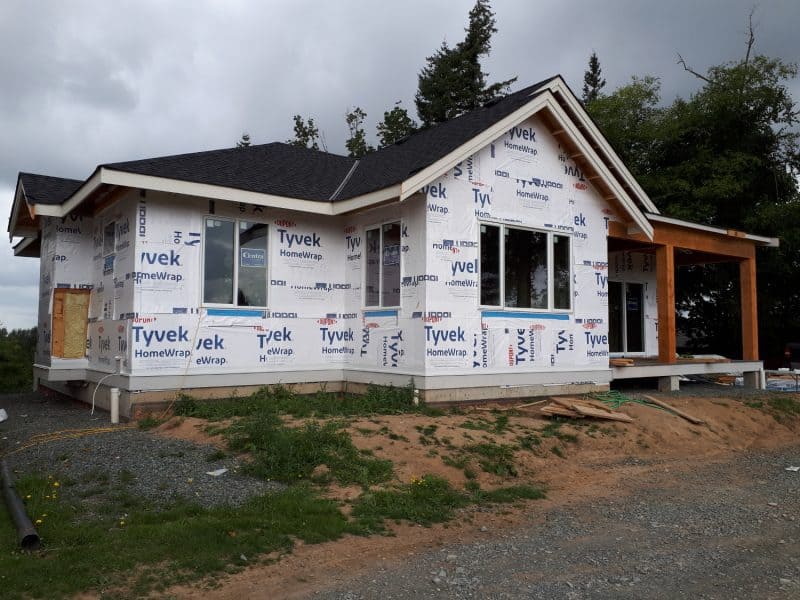
Set A Realistic Budget
One of the biggest misconceptions that we see is that people assume that just because the job is small, they think it will be inexpensive. It’s important to note that smaller jobs are not billed out by square foot, but by the number of trips contractors and trades make to your site. The minimum rate is 4 hours.
Another important factor to keep in mind today is that lumber costs are skyrocketing. Lumber supply is low and that’s driving costs up, which can add thousands if not tens of thousands of dollars to the cost of construction.
At Alair Homes, we use our trademarked Client Control™ system, which means we budget every single cost before we start work. That means labour costs, permitting, tiles, hardware, you name it. And, we always factor in a contingency, which is especially important for older homes. The older the house, the more likely there will be unforeseen issues that become apparent during demolition.
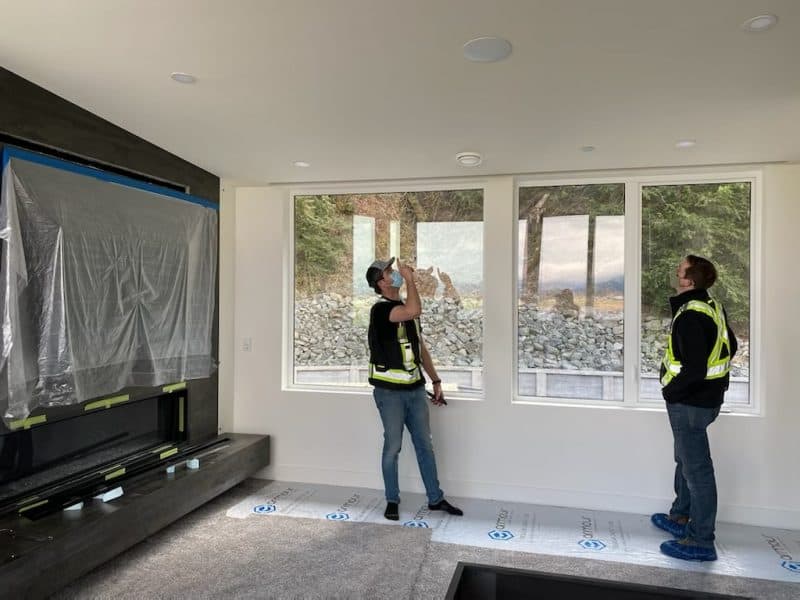
Hire the Right People
If the job is small you may be tempted to hire a friend to help out. Before you go that route, ensure the person is licensed, skilled, insured, and contracted to avoid any issues during the construction process.
When it comes to hiring a contractor, be wary of anyone who wants a large deposit and plans to launch into construction. Rushing into demotion is a red flag for future overages and unexpected costs.
We also recommend working with a designer. Their knowledge and expertise can save you time, introduce you to new ideas and new products, and perhaps most importantly, identify costly mistakes before they happen.
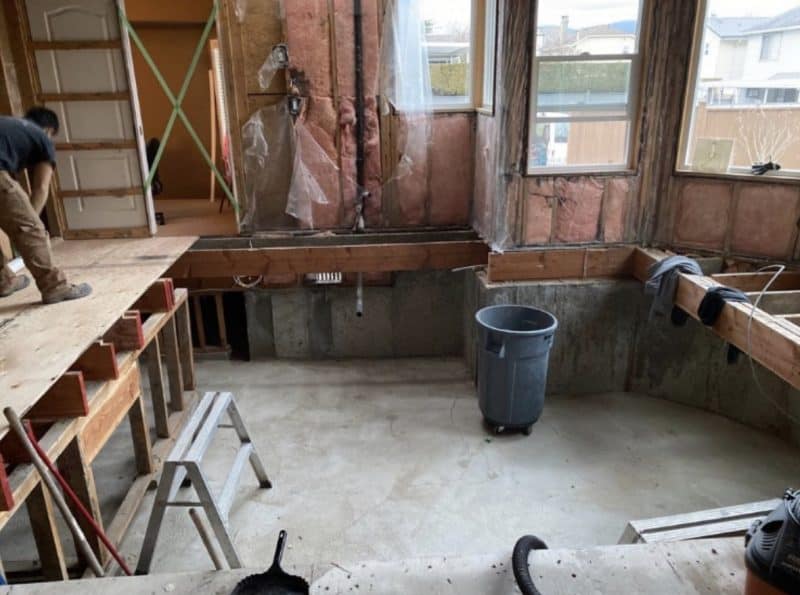
Prepare Properly for Construction
Having a construction crew in your home can be stressful. If it’s a smaller project, say a bathroom renovation, it can usually be done while the owners are living at home. But, it’s almost always preferable for us as contractors if you can move out. It often means we can get the job done faster and more efficiently. All of which can translate into cost savings for you.
In order to protect your belongings, we recommend putting your things into storage. This can help prevent damage and speed up the renovation. (Again, cost savings!) Some sub-trades won’t take on the job if they need to be constantly moving furniture about the house.
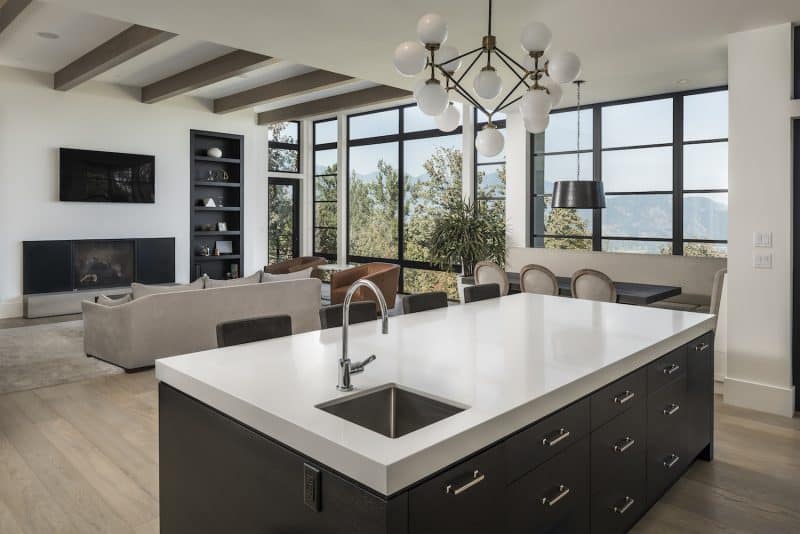
Photo: Carsten Arnold Photography
Think Ahead
We understand that you want your home to fit your current needs. But we do suggest planning for resale, even if you think this is your forever home. We’ve seen bathrooms turned into closets and garages torn down to make room for trampolines. While it may fit your lifestyle now, some renovations can devalue your house and can affect bank appraisals and future investments.
If you’re thinking about a renovation or building a new home, we can help. To learn more, go to www.alairhomes.ca.
Latest posts by Canadian Home Trends (see all)
- Understanding The Importance of Great Design - February 22, 2026
- The Green Effect: To Clean or Not to Clean - February 22, 2026
- Functional Warm Addition - February 22, 2026






